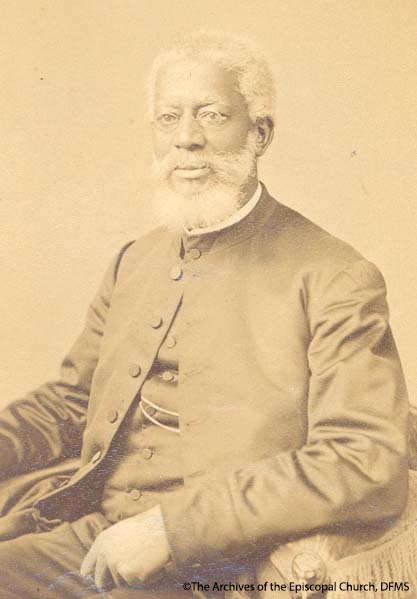
Introduction
I am the chair of the General Education Assessment Committee and the philosophy professor completing our reports. The Simplify, Automate, Motivate, and educated (SAME) method was developed in both roles: a professor wrangling department colleagues and a committee chair wrangling university colleagues. Yes, I sometimes must wrangle myself and I can be a lot of trouble.
The Challenge
A fundamental challenge is earning faculty buy-in and failure has a range of negative consequences. Without buy-in faculty are more likely to provide incomplete data, low quality, or no data. They might even provide fabricated data. De-motivated faculty tend to provide garbage data and “garbage in, garbage out.”
A second area is in closing the loop. Even with adequate data, de-motivated faculty are likely to neglect other parts of the process. There are ways to help earn buy-in and these include the SAME method. I will begin with Simplification.
Simplification
A complicated assessment process is analogous to the tax code: problematic, convoluted, torturous, difficult, and inconsistent. Complicated systems deter participation because they are challenging to understand and impose an unnecessary cost. Effective simplification makes it easier to understand and lowers the cost of participation. This increases the likelihood of faculty buy-in. Proper simplification also improves assessment quality by focusing faculty effort and using resources more effectively.
The process of simplification often has the virtue of reduction. As an example, in 2018 Florida A&M University’s General Education Assessment Committee’s faculty data contribution guide was 13 pages and our data collection form was. . .
News source: A Philosopher’s Blog









